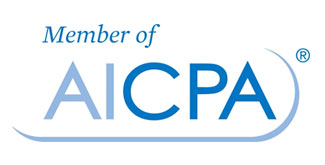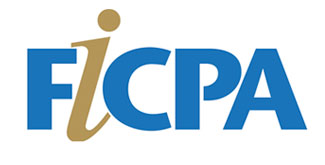In January, the IRS issued eagerly anticipated guidance on the qualified business income (QBI) deduction under Code Sec. 199A in final regulations, proposed regulations, and Rev. Proc. 2019-11.
Code Sec. 199A generally provides a 20 percent deduction for qualified business income (QBI) from sole proprietorships, S corporations, partnerships, and LLCs taxed as partnerships. Thus, the calculation of QBI and, therefore, the benefits of Code Sec. 199A, are limited to taxpayers with income from a trade or business. The regulations defines “trade or business” as a trade or business other than the trade or business of performing services as an employee. The final regulations also extend the definition of a trade or business beyond this definition by treating the rental or licensing of tangible or intangible property to a related trade or business as a trade or business if the rental or licensing activity and the other trade or business are commonly controlled. The final regulations also included guidance regarding when a rental real estate enterprise qualifies as a trade or business for purposes of Code Sec. 199A.
The proposed regulations addressed several issues, including (1) the treatment of previously suspended losses that constitute QBI and (2) the determination of the Code Sec. 199A deduction for taxpayers that hold interests in regulated investment companies, charitable remainder trusts, and split-interest trusts. In Rev. Proc. 2019-11, the IRS provided guidance on the calculation of W-2 wages for purposes of Code Sec. 199A(b)(2), which limits the QBI deduction for some taxpayers whose taxable income exceeds a threshold amount.
An issue of major concern for practitioners was determining whether a taxpayer’s rental real estate activity qualified as a trade or business for purposes of the Code Sec. 199A deduction. The final regulations set forth a list of nonexclusive factors to consider in determining whether rental real estate enterprises qualify for the Code Sec. 199A QBI deduction. The preamble states that, in determining whether a rental real estate activity is a Code Sec. 162 trade or business, the relevant factors include, but are not limited to –
- the type of rented property;
- the number of properties rented;
- the owner’s or the owner’s agents day-to-day involvement;
- the types and significance of any ancillary services provided under the lease; and
- the terms of the lease.
But the IRS concluded in the preamble that a bright line rule on whether a rental real estate activity is a trade or business for purposes of Code Sec. 199A was beyond the scope of the final regulations.
Safe Harbor Provided for Rental Real Estate Activities. Recognizing the difficulties taxpayers faced in determining whether a taxpayer’s rental real estate activity is sufficiently regular, continuous, and considerable for the activity to constitute a trade or business for purposes of the Code Sec. 199A deduction, the IRS provides a safe harbor under which a rental real estate enterprise may be treated as a trade or business. Under this safe harbor, each rental real estate enterprise will be treated as a single trade or business if the taxpayer satisfies three requirements:
(1) the taxpayer maintains of separate books and records to reflect income and expenses for each enterprise;
(2) for enterprises in existence less than four years, the taxpayer performs at least 250 hours of services per year, and for enterprises in existence for at least four years, the taxpayer performs 250 hours of services per year in any three of the five previous years; and
(3) the taxpayer maintains contemporaneous records documenting the services performed.
Further, the IRS provides that rental real estate services include, but are not limited to –
- advertising to rent or lease the real estate;
- negotiating and executing leases;
- verifying information contained in prospective tenant applications;
- collecting rent;
- daily operation, maintenance, and repair of the property;
- management of the real estate; and
- supervision of employees and independent contractors.


